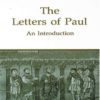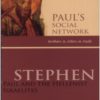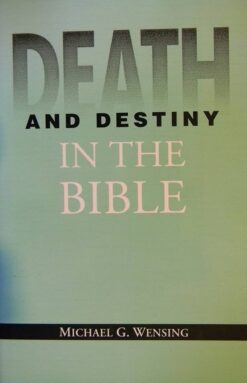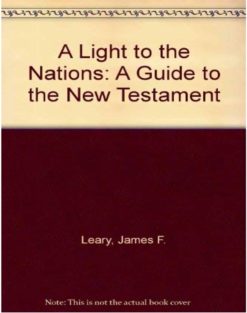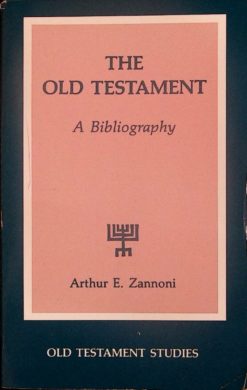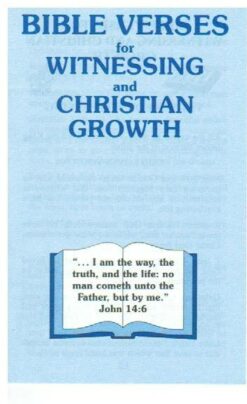-
×
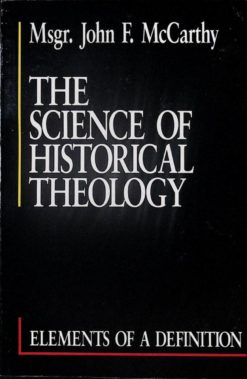 THE SCIENCE OF HISTORICAL THEOLOGY
2 × €15.00
THE SCIENCE OF HISTORICAL THEOLOGY
2 × €15.00 -
×
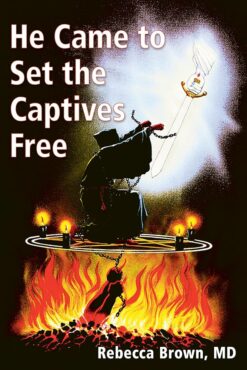 HE CAME TO SET THE CAPTIVES FREE
1 × €14.00
HE CAME TO SET THE CAPTIVES FREE
1 × €14.00 -
×
 3 ONE-ACT PLAYS FOR CHILDREN
1 × €1.75
3 ONE-ACT PLAYS FOR CHILDREN
1 × €1.75 -
×
 CARPE DIEM
1 × €1.30
CARPE DIEM
1 × €1.30 -
×
 ORIGIN AND DESTINY
2 × €14.00
ORIGIN AND DESTINY
2 × €14.00 -
×
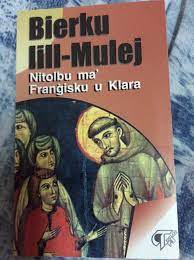 BIERKU MULEJ. NITOLBU FRANGISKU U KLARA
1 × €2.90
BIERKU MULEJ. NITOLBU FRANGISKU U KLARA
1 × €2.90 -
×
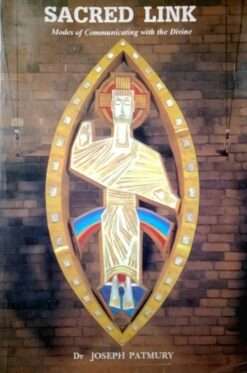 SACRED LINK
1 × €5.00
SACRED LINK
1 × €5.00 -
×
 657 - STATUE 17CM ST.JOSEPH
1 × €15.00
657 - STATUE 17CM ST.JOSEPH
1 × €15.00 -
×
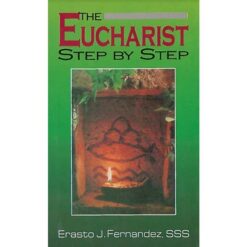 THE EUCHARIST STEP BY STEP
1 × €5.00
THE EUCHARIST STEP BY STEP
1 × €5.00 -
×
 CHARACTER HELPS TO PERSONALITY GROWTH
1 × €5.00
CHARACTER HELPS TO PERSONALITY GROWTH
1 × €5.00 -
×
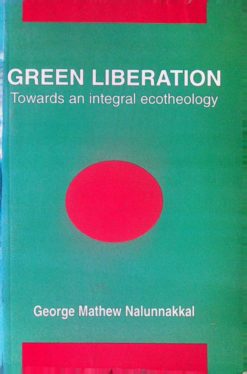 GREEN LIBERATION
1 × €7.00
GREEN LIBERATION
1 × €7.00 -
×
 URODIVOI
1 × €4.65
URODIVOI
1 × €4.65 -
×
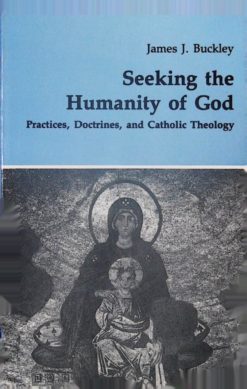 SEEKING THE HUMANITY OF GOD
1 × €5.00
SEEKING THE HUMANITY OF GOD
1 × €5.00 -
×
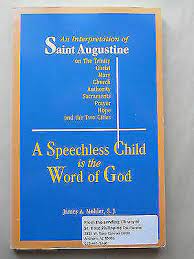 A SPEECHLESS CHILD IS THE WORD OF GOD
1 × €5.00
A SPEECHLESS CHILD IS THE WORD OF GOD
1 × €5.00 -
×
 AN UNLIKELY CATECHISM
1 × €5.80
AN UNLIKELY CATECHISM
1 × €5.80 -
×
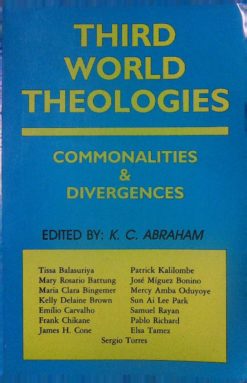 THIRD WOLD THEOLOGIES
1 × €9.30
THIRD WOLD THEOLOGIES
1 × €9.30 -
×
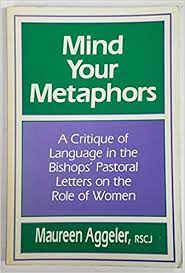 MIND YOUR METAPHORS
1 × €7.00
MIND YOUR METAPHORS
1 × €7.00 -
×
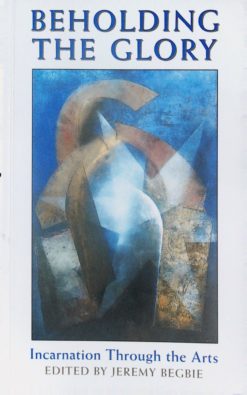 BEHOLDING THE GLORY
1 × €21.00
BEHOLDING THE GLORY
1 × €21.00 -
×
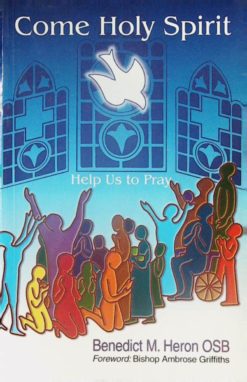 COME HOLY SPIRIT
1 × €4.00
COME HOLY SPIRIT
1 × €4.00 -
×
 THE ART OF DYNAMIC THINKING
1 × €2.35
THE ART OF DYNAMIC THINKING
1 × €2.35 -
×
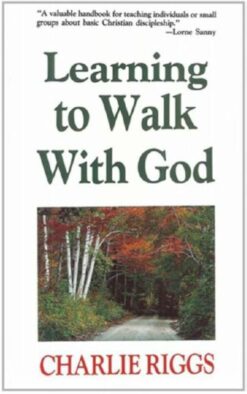 LEARNING TO WALK WITH GOD
1 × €3.50
LEARNING TO WALK WITH GOD
1 × €3.50 -
×
 WHAT ARE THEY SAYING ABOUT PEACE & WAR
1 × €4.10
WHAT ARE THEY SAYING ABOUT PEACE & WAR
1 × €4.10 -
×
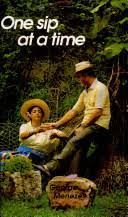 ONE SIP AT A TIME
1 × €1.15
ONE SIP AT A TIME
1 × €1.15 -
×
 GUIDANCE TO HEAVEN
1 × €7.00
GUIDANCE TO HEAVEN
1 × €7.00 -
×
 19830 POSTER HE IS RESIN
1 × €5.00
19830 POSTER HE IS RESIN
1 × €5.00 -
×
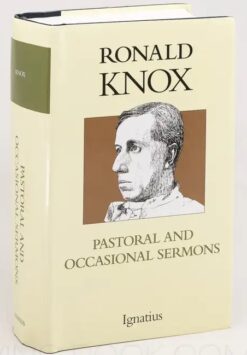 PASTORAL AND OCCASIONAL SERMONS
1 × €34.00
PASTORAL AND OCCASIONAL SERMONS
1 × €34.00 -
×
 STRANNIK
1 × €4.65
STRANNIK
1 × €4.65 -
×
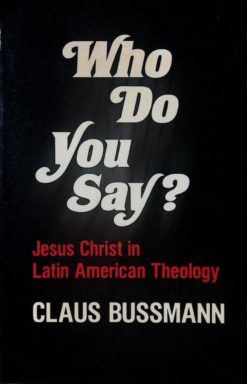 WHO DO YOU SAY?
2 × €5.00
WHO DO YOU SAY?
2 × €5.00 -
×
 NOTHING BUT LOVE
1 × €1.75
NOTHING BUT LOVE
1 × €1.75 -
×
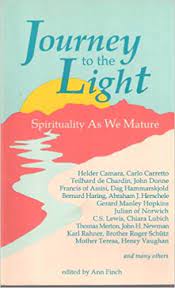 JOURNEY TO THE LIGHT
1 × €5.00
JOURNEY TO THE LIGHT
1 × €5.00 -
×
 ABBA FATHER
1 × €14.00
ABBA FATHER
1 × €14.00 -
×
 LOVE AND LIFE TEACHERS MANUAL
1 × €6.99
LOVE AND LIFE TEACHERS MANUAL
1 × €6.99 -
×
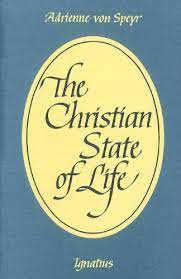 THE CHRISTIAN STATE OF LIFE
1 × €16.00
THE CHRISTIAN STATE OF LIFE
1 × €16.00 -
×
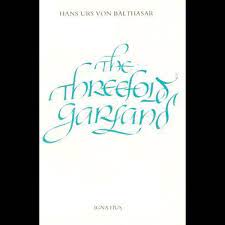 THE THREEFOLD GARLAND
1 × €9.50
THE THREEFOLD GARLAND
1 × €9.50 -
×
 NO LESS ZEAL
1 × €7.00
NO LESS ZEAL
1 × €7.00
Complementing his archaeological work at Colossae, Michael Trainor here makes skillful use of insights from sociology and cultural anthropology to cull a remarkable amount of information concerning Paul’s trusted co-worker Epaphras and the network of churches that he founded and served in the Lycus Valley. While accessible and rewarding for Bible study-groups in contemporary parish communities, this study also offers a reliable–and I believe unique–resource for scholars on a neglected but significant early Christian leader.Brendan Byrne, SJ, Professor of New Testament, Jesuit Theological College, Parkville (Victoria), Australia
This new series of books is a welcome and promising initiative. While Paul still continues to attract scholars’ attention, his closest collaborators, friends, and relations remain all too often in the dark or are dealt with only incidentally. Yet giving proper consideration to Paul’s web of social relations can help us understand the Apostle himself and his legacy.God’s Word Today
Trainor’s little book makes an elusive character, mentioned only three times in the New Testament, come to life. Through careful word study he unlocks layers of meaning, and presents sociological and anthropological models in easily comprehensible language. The use of network analysis enables the social networks implied in the Letters to Philemon and the Colossians to be so illustrated that it actually gives us something of a commentary on the two Letters. Trainor effectively maintains the balancing act between various positions on Pauline authorship. This study also illustrates some of the breadth of the Lycus Valley project at Flinders University, that is not confined to archaeology but expands to include all possible aspects of ancient life there.Carolyn Osiek, Professor of New Testament, Brite Divinity School, Fort Worth, Texas
About the Author
Michael Trainor teaches at the Adelaide College of Divinity, in the School of Theology, Flinders University, South Australia. He has published widely in areas of theology, education, and Scripture. His most recent book with Liturgical Press was The Quest for Home: The Household in Mark’s Gospel (2001). His interest in Epaphras comes out of his current research with colleagues in Australia and Turkey to interpret archaeologically the site of ancient Colossae in southern Turkey.

